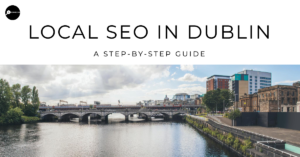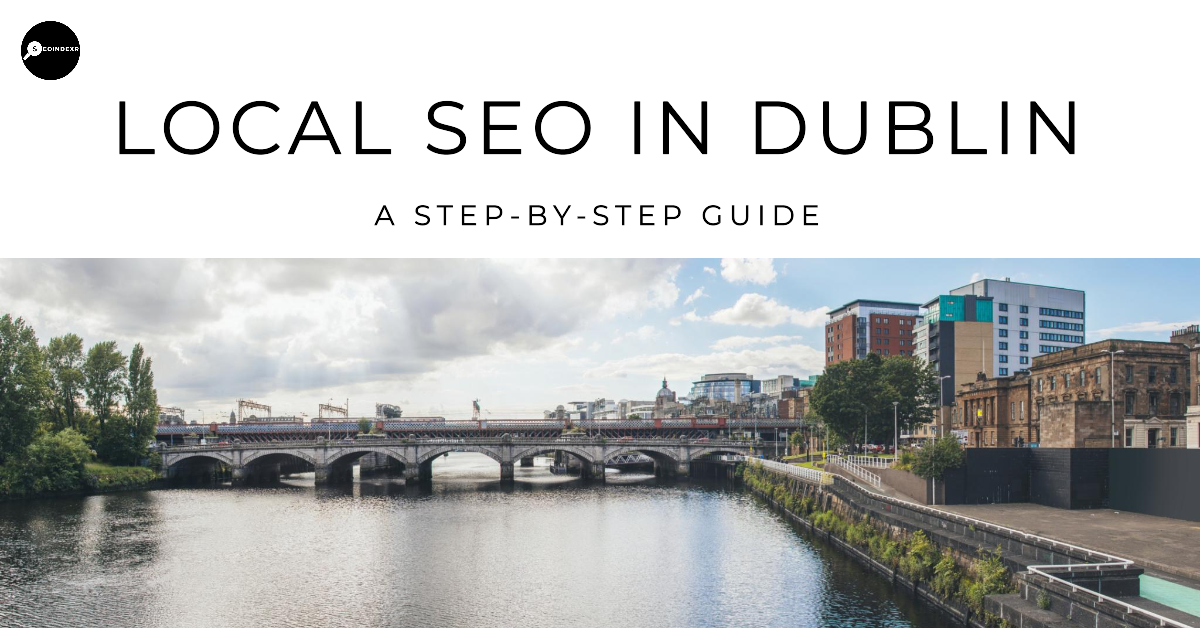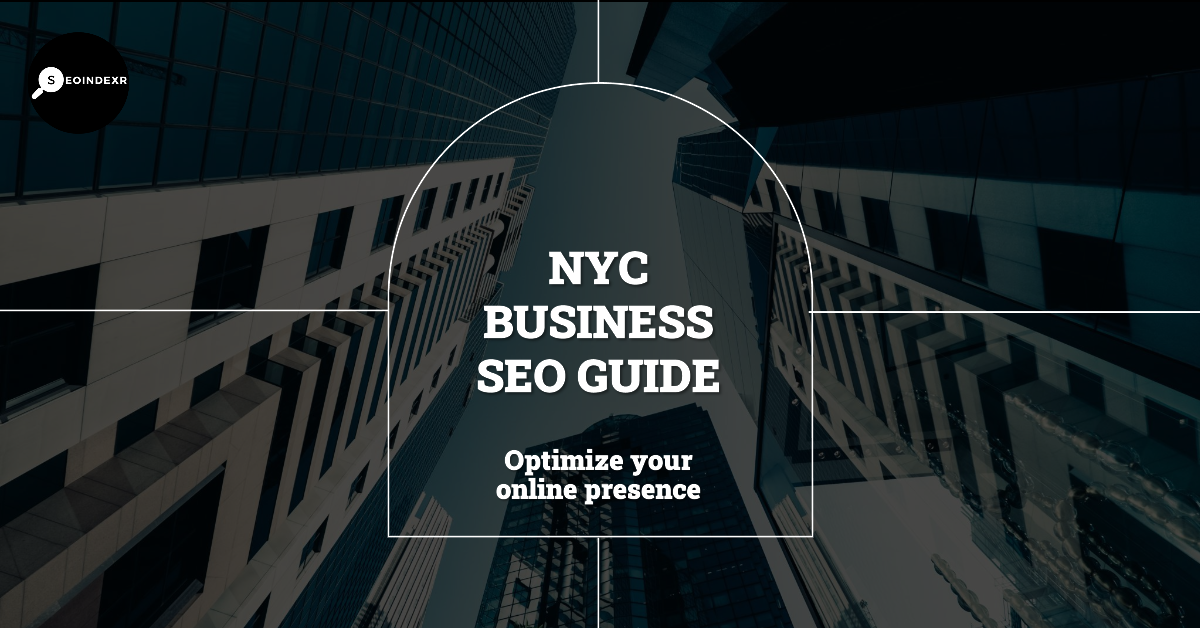ever wonder how some websites seem to effortlessly snag those top spots on Google, Bing, or other search engines? The secret lies in mastering two key concepts: discovery and relevance. In the digital world, it’s not just about being seen; it’s about being seen by the right people. Let’s dive into how to make your website a search engine star.
Table of Contents
ToggleDiscovery: Making Sure Search Engines Find You
Think of search engines like digital librarians. They constantly crawl the web, cataloging information so they can pull it up when someone searches. Here’s how to get into their good books:
- Technical SEO: This is the foundation. Ensure your site is well-structured, loads quickly, and is mobile-friendly. Fix broken links and create a clear sitemap to guide the ‘librarians.’
- High-Quality Backlinks: These are like votes of confidence from other websites. When reputable sites link to yours, it tells search engines you’re a reliable source. Focus on building relationships with relevant websites and creating content worth linking to.
Relevance: Making Sure You’re the Answer
Discovery is just the first step. Once search engines know you exist, they need to understand what you’re all about so they can match you with the right search queries. This is where relevance comes in:
- Keyword Research: Understand what your audience is searching for. Use tools like Google Keyword Planner to find relevant keywords and incorporate them naturally into your content.
- High-Quality Content: This is the heart of relevance. Create content that is informative, and engaging, and answers the questions your audience is asking. Think blog posts, articles, videos, or infographics.
- On-Page SEO: Make it easy for search engines to understand your content. Optimize your title tags, meta descriptions, header tags, and image alt text with your keywords.
The Winning Combo: Discovery + Relevance
When you nail both discovery and relevance, you’re essentially telling search engines, “Hey, I’m here, I’m awesome, and I have exactly what your users are looking for.” This powerful combination leads to:
- Higher Rankings: Your site climbs the search results ladder, getting more eyes on your content.
- Increased Traffic: More people find your site through organic search, meaning they’re genuinely interested in what you offer.
- Better Conversions: When your audience is highly targeted, they will likely become customers or clients.
Remember: Building discovery and relevance is an ongoing process. Search engine algorithms constantly evolve, so staying up-to-date with the latest SEO best practices and adapting your strategy accordingly is important.
Enhancing Content for Better Discovery
- Quality Content Creation – Creating high-quality, valuable content is the cornerstone of SEO. Focus on providing information that meets the needs of your audience.
- The Importance of Fresh Content- Regularly updating your website with fresh content signals to search engines that your site is active and relevant.
- Utilizing Metadata Effectively – Metadata, including title tags, meta descriptions, and alt texts, provides search engines with information about your content. Ensure your metadata is descriptive and includes relevant keywords.
Keyword Research and Implementation
- What Are Keywords? – Keywords are the terms and phrases that users type into search engines. They are the bridge between what people are searching for and the content you provide.
- Tools for Keyword Research – There are numerous tools available for keyword research, such as Google Keyword Planner, SEMrush, and Ahrefs. These tools help identify popular search terms related to your content.
- Best Practices for Keyword Usage – Incorporate keywords naturally into your content, including in titles, headings, and throughout the body. Avoid overstuffing, which can harm your SEO.
On-Page SEO Techniques
- Optimizing Title Tags – Title tags are one of the most important on-page SEO elements. They should be concise, descriptive, and include your primary keywords.
- Crafting Meta Descriptions – Meta descriptions provide a summary of your page’s content. Write compelling descriptions that encourage users to click through to your site.
- Header Tags Optimization – Using header tags (H1, H2, H3) correctly helps structure your content and signals its relevance to search engines. Each page should have a single H1 tag that includes the primary keyword.
Technical SEO Considerations
- Website Speed and Performance – A fast-loading website improves user experience and is favored by search engines. Optimize images, use caching, and consider a content delivery network (CDN) to enhance performance.
- Mobile Friendliness – With the majority of searches now conducted on mobile devices, having a mobile-friendly website is crucial. Use responsive design to ensure your site looks and functions well on all devices.
- Secure Sockets Layer (SSL) Certificates – An SSL certificate encrypts data between your website and users, providing a secure connection. Search engines favor sites with HTTPS over HTTP.
Building Backlinks
- Importance of Backlinks – Backlinks, or inbound links, are links from other websites to yours. They are a major ranking factor, as they signal to search engines that your site is authoritative and trustworthy.
- Strategies for Acquiring High-Quality Backlinks – Create shareable content, engage in guest blogging, and build relationships with influencers in your industry to earn high-quality backlinks.
- Monitoring and Managing Backlinks – Regularly check your backlink profile using tools like Google Search Console or Ahrefs. Disavow any low-quality or spammy links that could harm your SEO.
User Experience and Its Impact on SEO
- Role of User Experience in SEO – A positive user experience keeps visitors on your site longer and reduces bounce rates. Both factors are important for SEO.
- Improving Site Navigation – Make sure your site is easy to navigate. Use clear menus, internal linking, and a simple, intuitive layout.
- Enhancing Readability and Engagement – Use short paragraphs, bullet points, and visuals to make your content more readable and engaging. Interactive elements like quizzes or videos can also improve user engagement.
Local SEO Strategies
- What is Local SEO? – Local SEO focuses on optimizing your online presence to attract more business from relevant local searches.
- Optimizing for Local Search – Include location-specific keywords in your content and metadata. Claim and optimize your Google My Business listing.
- Managing Online Reviews and Ratings – Positive reviews and ratings boost your local SEO. Encourage satisfied customers to leave reviews and respond to them promptly.
Leveraging Social Media for SEO
- The Connection Between Social Media and SEO – While social media activity doesn’t directly affect SEO, it can increase brand awareness and drive traffic to your site.
- Creating Shareable Content – Produce content that is engaging and easy to share on social media platforms. Infographics, videos, and interesting articles tend to perform well.
- Engaging with Your Audience – Actively engage with your audience on social media. Respond to comments, join conversations, and build a community around your brand.
Using Analytics to Improve SEO
- Tracking SEO Performance – Use analytics tools like Google Analytics to monitor your SEO performance. Track key metrics such as organic traffic, bounce rate, and conversion rate.
- Tools for SEO Analytics – There are various tools available, including Google Search Console, Moz, and SEMrush. These tools provide insights into your site’s performance and identify areas for improvement.
- Interpreting Data and Making Adjustments – Analyze your data to understand what is working and what isn’t. Make necessary adjustments to your SEO strategy based on these insights.
Conclusion
Building discovery and relevance for search engines is a multifaceted process that involves technical, on-page, and off-page SEO strategies. By understanding how search engines work and optimizing your website accordingly, you can improve your search rankings and drive more organic traffic to your site. Stay informed, be patient, and keep refining your approach to achieve long-term SEO success.











